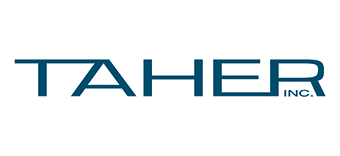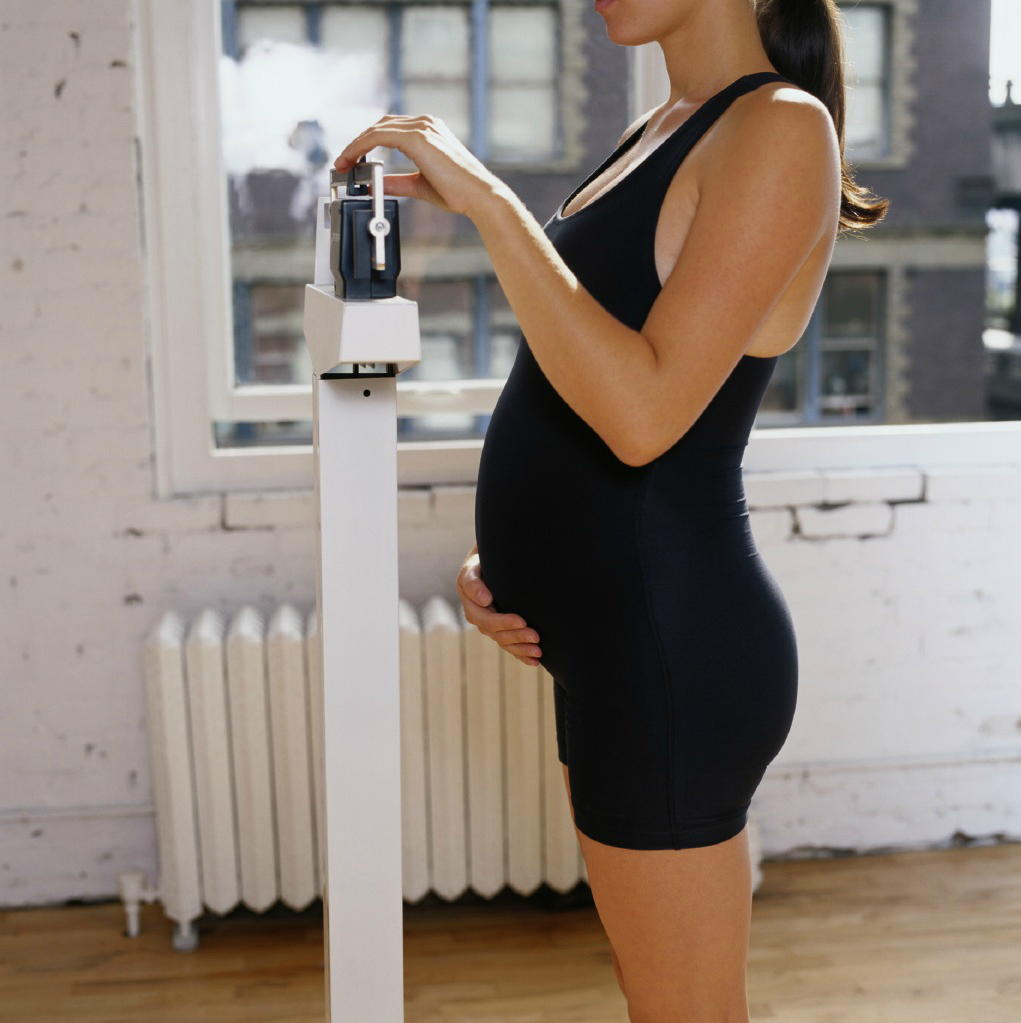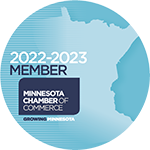Disclaimer: This is meant to help you in your research of prenatal nutrition and how to maintain a healthier diet. This is not meant to replace a registered dietician nutritionist or doctor’s recommendations. Always consult a doctor before changing your diet.
Prenatal Nutrition
Eating healthy starts young. In fact, it can start before you are born.
Getting A Healthy Start
Congratulations on trying to get pregnant! Prenatal nutrition can begin for couples trying to conceive. The reason this begins before you are pregnant is so that your baby can get a healthy start as soon as conception takes place.
Folic acid is very important in the development of your baby. Folic acid helps in the prevention of certain birth defects such as spina bifida and anencephaly. These are both neural tube defects. Neural tube defects begin developing roughly 20 – 30 days after conception takes place and oftentimes before you know you are pregnant.
There are supplements that you can take but if that’s not your style, plenty of natural foods have decent levels of folic acid in them already. Many citrus fruits, dark leafy greens like spinach, dried beans, berries and whole grains all contain folic acid and are easy to incorporate into your diet fairly easily.
After Conception
You’re pregnant! A lot of things are going to change, including your eating habits. You will crave different foods and that’s ok. Trust your cravings as they usually represent something that you may be lacking in your diet. That being said, that doesn’t give you free reign to overindulge. Pregnancy doesn’t give a mother the all clear to eat whatever they want.
Food Safety Is More Important Than Ever
After becoming pregnant, your immune system is not as strong as it used to be. Food safety precautions are more important now than ever. Small exposure to any number of food safety issues could be far more impactful than in previous encounters. Remember to wash your hands, separate foods that could cross contaminate with each other, cook your food to the proper temperatures, and refrigerate properly.
Eating Healthy For Two… Or Three… Or Four
Remember our old friend Folic acid? It’s still important here. Other important nutrients for pregnant women are iron and calcium. Calcium is especially important for the development of the baby’s bones, heart, and muscle structure. If the baby is not getting enough calcium from the mother’s diet, the baby will begin leeching calcium from the mother’s bones and teeth. Recommended amounts of calcium are near 1000 milligrams for women during pregnancy and during breastfeeding. Easy ways to get more calcium in your diet are to include foods like low-fat or fat-free dairy products like milk, yogurt, and cheese. Avoid unpasteurized dairy foods as they can cause issues.
Iron deficiency is the most common nutrient deficiency for expectant mothers. Women that are pregnant need at least 27 milligrams of iron daily. It is easy to get iron back into your diet. Lean meats (cooked properly, remember the food safety warning), fortified cereals, and certain leafy green vegetables, and beans are all good sources of iron.
Change Is Coming, And Not Just Diapers
Pregnancy is an exciting time in anyone’s life whether it’s your first or your fifth child. But after the child is born, nutritional needs for mother and baby will change. We’ll cover that in the next article.




